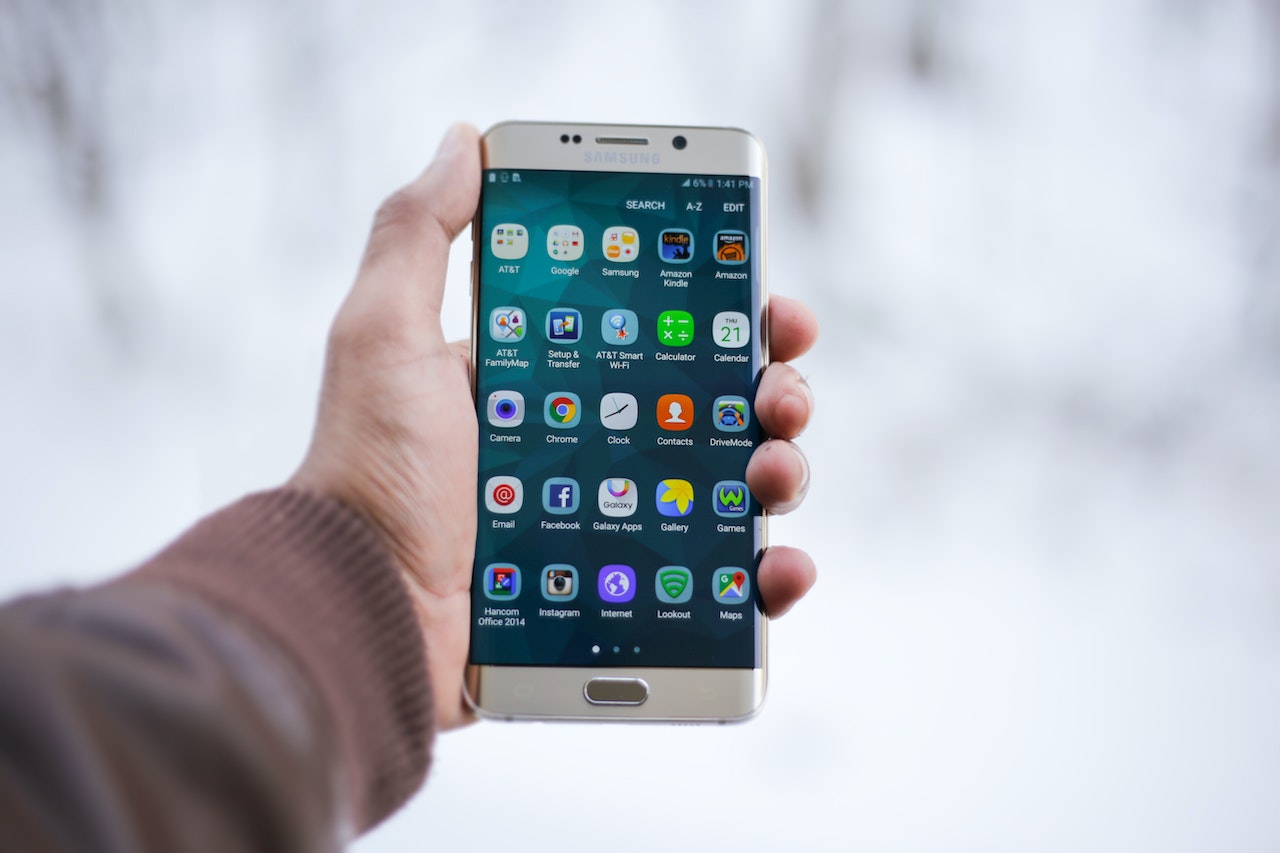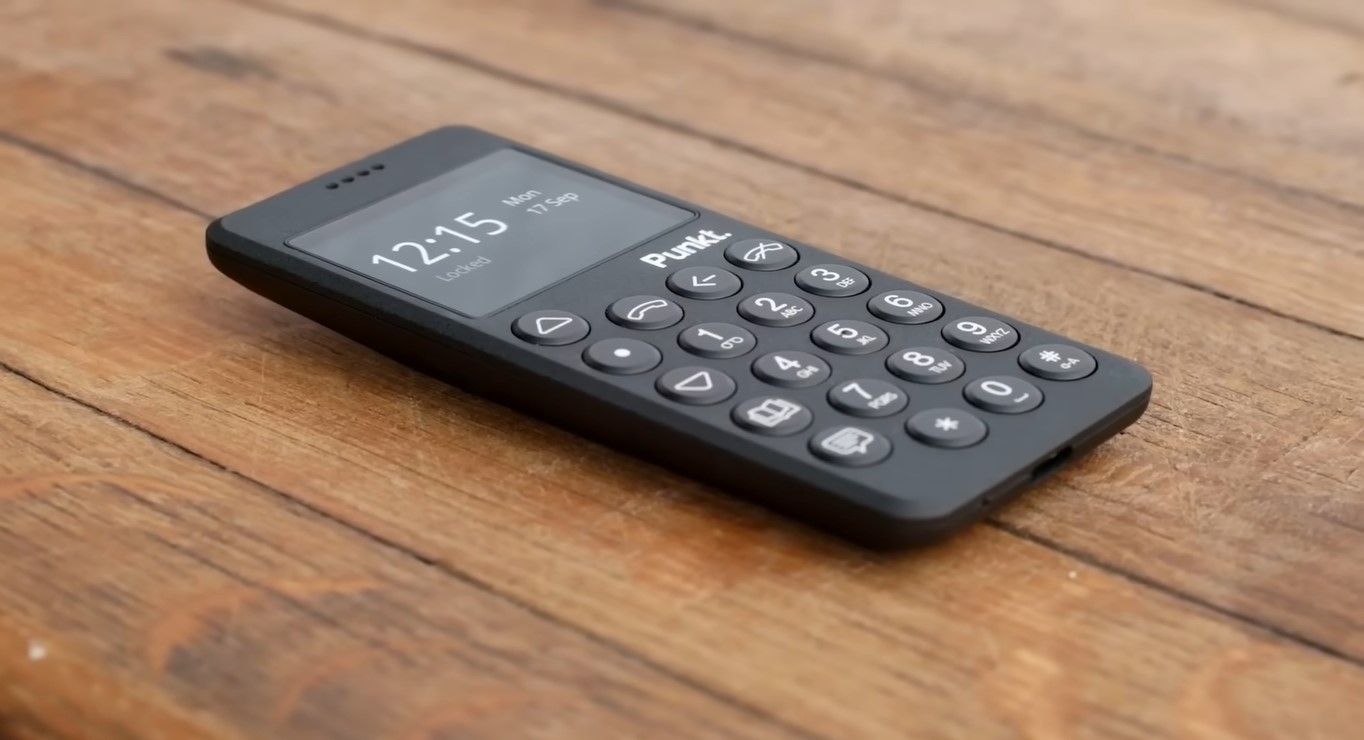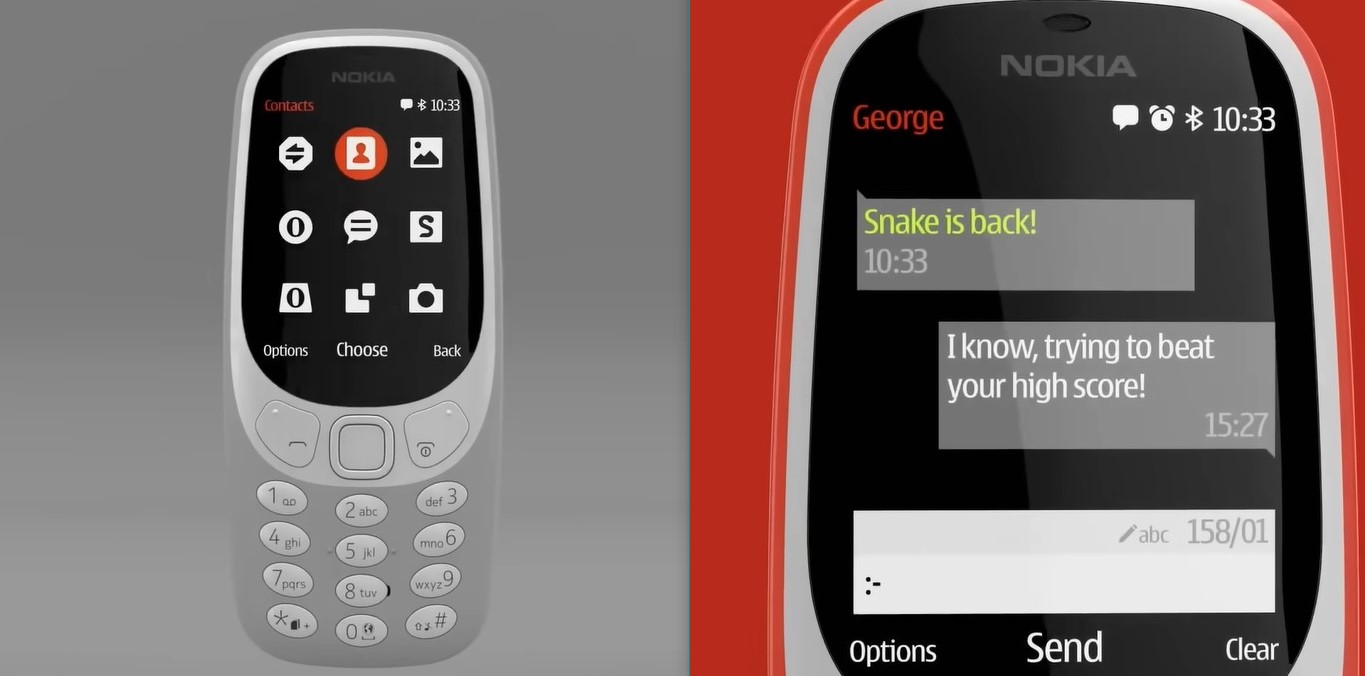Dumb Phone - Don’t Be Stupid! It’s Useful And Worth It!
Recently, there has been a surprising and somewhat paradoxical trend emerging in the world of technology - the rising popularity of the dumb phone. Smartphones continue to dominate the market with their ever-increasing capabilities. Still, several millennials and Gen Z now choose to opt for a more simplistic device.
Author:Paolo ReynaReviewer:James PierceJun 29, 20237K Shares136.1K Views
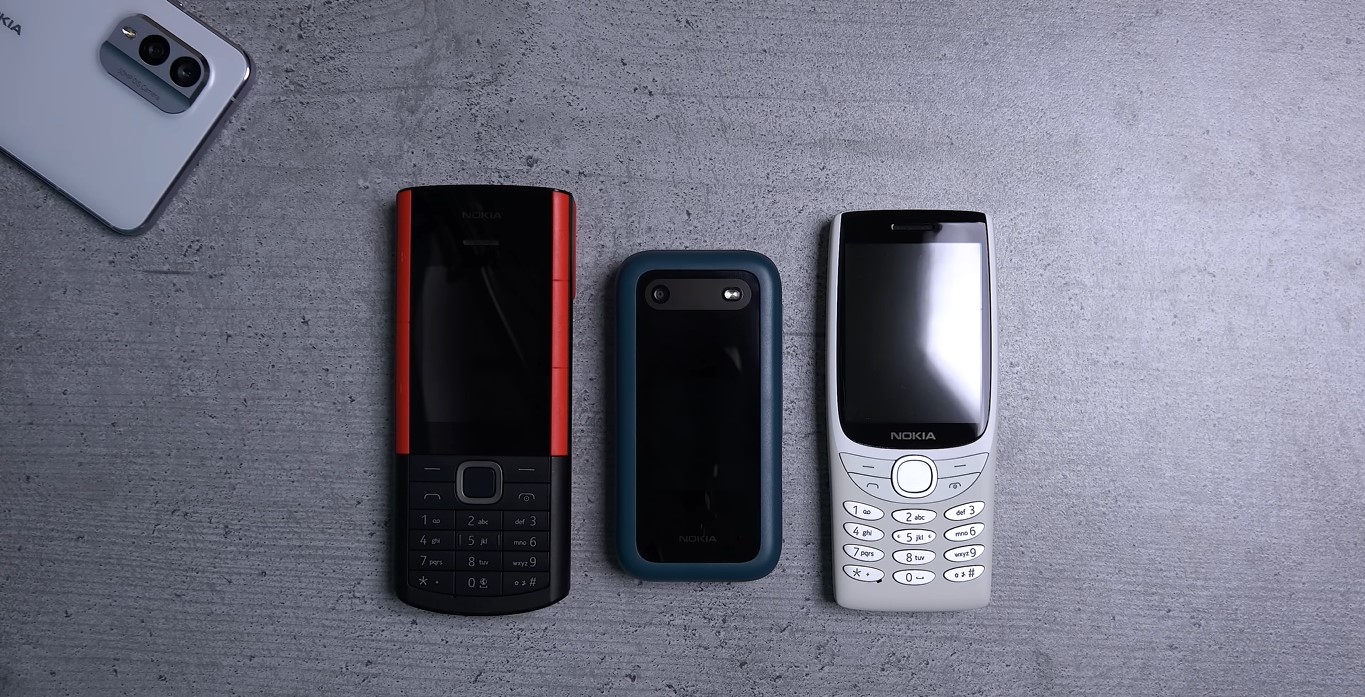
In an age dominated by cutting-edge smartphones and advanced technological devices, it is intriguing to witness a surprising resurgence in the popularity of a seemingly antiquated gadget - the humble dumb phone.
These simple, no-frills devices, once overshadowed by their smart counterparts, have experienced a remarkable revival in recent times.
Driven by a growing desire for digital detox, improved focus, and a longing for a simpler lifestyle, dumb phones have found a renewed appeal among certain individuals.
These individuals seemingly seek respite from the constant barrage of notifications and the addictive allure of modern-day smartphones.
Let us find out why an increasing number of people are willingly trading the sophistication of smartphones for the simplicity and intentional limitations offered by a dumb phone.
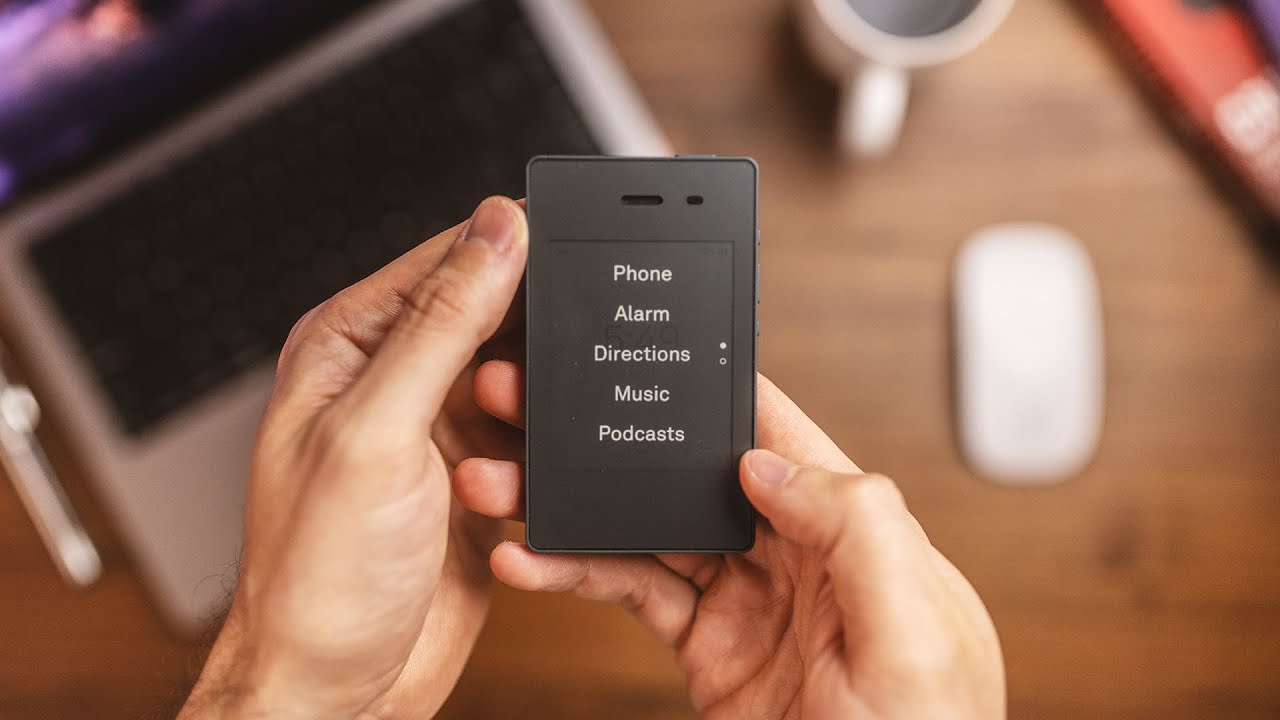
I used a dumb phone for 30 days
What Is A Dumb Phone?
A dumb phone is a mobile phone that provides limited functionality compared to smartphones.
This mobile phone is also known as:
- basic phone
- feature phone
- non-smartphone
It is called a “dumb phone” in contrast to the “smart” capabilities of smartphones.
A dumb phone typically has a more straightforward design with physical buttons for dialing and texting.
It lacks advanced features, such as:
- touchscreens
- app stores
- internet browsing
- advanced multimedia capabilities
A dumb phone is primarily designed for making calls and sending text messages.
Still, some models may also include basic features like:
- calculator
- calendar
- alarm clock
- basic games
It usually has a longer battery life compared to a smartphone due to its simpler functionality and fewer power-intensive features.
Why are people getting dumb phones lately? Well, why not?
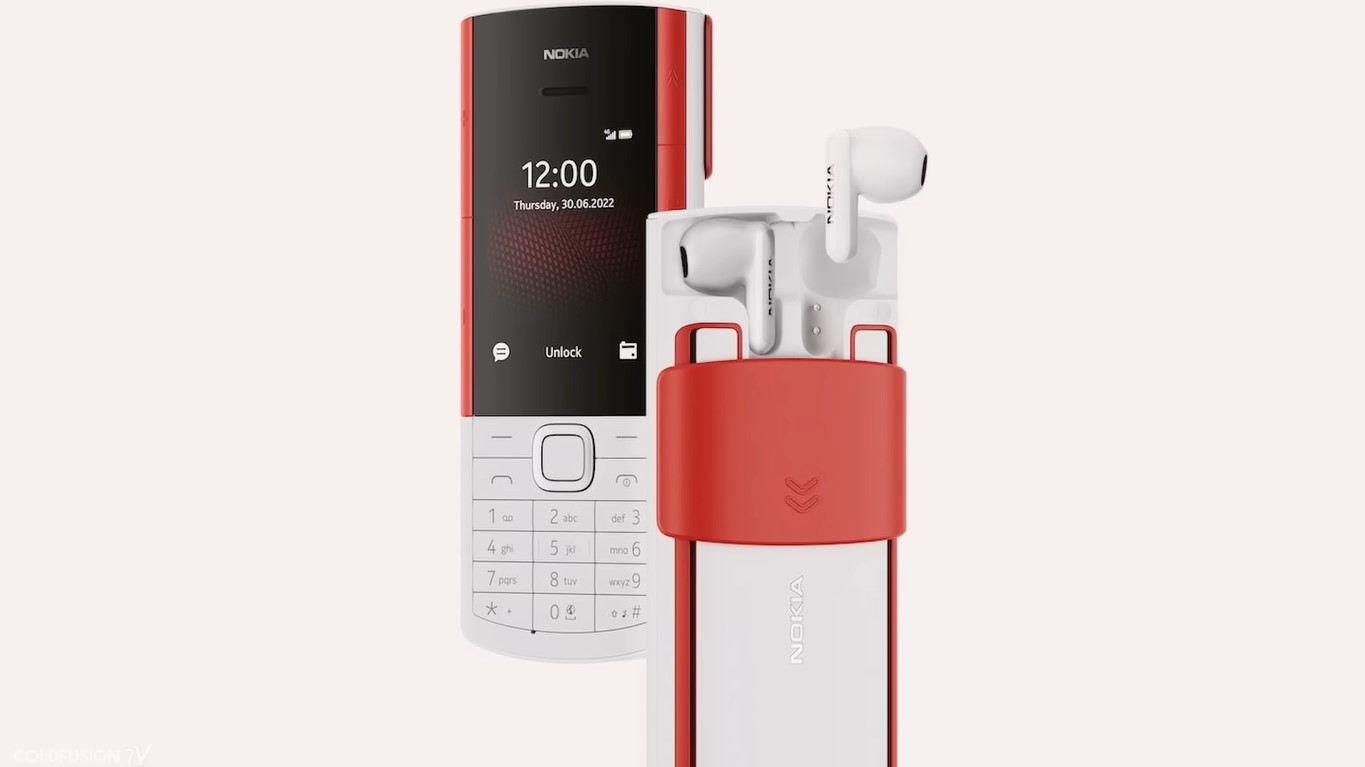
Pros And Cons Of Dumb Phones
While smartphones offer a plethora of features and capabilities, a dumb phone provides a more stripped-down approach to communication.
With its limited functionality and focus on core features (voice calls and text messaging), it has its own set of advantages and disadvantages.
In this discussion, we will explore the pros and cons of dumb phones, shedding light on the factors that make them both appealing and less desirable in comparison to their smarter counterparts.
Dumb Phone Advantages
Here are some of the reasons why you may consider using a dumb phone:
a. Simplicity
A dumb phone is designed to perform two basic functions:
- calling
- texting
It has straightforward interfaces and limited features, which can be advantageous for those who prefer a simple and intuitive user experience.
This simplicity, as mentioned earlier, often translates into longer battery life compared to smartphones.
b. Long battery life
That said, since a dumb phone is designed for basic functions (calls and texts), their power consumption is lower.
This can be advantageous in situations where access to charging facilities is limited, such as during travel or emergencies.
c. Reduced distractions
A dumb phone lacks the extensive app ecosystems and constant notifications that can be major sources of distraction on smartphones.
With fewer features and applications, users are less likely to spend excessive time on their phones and can focus on other activities, such as:
- work
- social interactions
- hobbies
d. Enhanced focus and productivity
By minimizing distractions, a dumb phone can help improve focus and increase productivity.
Users can concentrate on important tasks without the temptation to constantly:
- check social media feeds
- play games
- engage in other time-consuming activities associated with smartphones
e. Reduced dependence on technology
A dumb phone can provide a respite from the constant connectivity and dependency on technology that many people experience with smartphones.
This can help individuals establish healthy boundaries with technology, which can lead to:
- fostering a better work-life balance
- reducing the negative impacts of excessive screen time
f. Lower cost
A dumb phone is more affordable than smartphones, both in terms of the upfront cost of the device itself and ongoing expenses (e.g., data plans).
This affordability can be appealing for budget-conscious individuals.
It will also appeal to those who don’t require advanced features and prefer a more economical option.
g. Enhanced privacy and security
A dumb phone is less susceptible to certain cybersecurity risks and privacy concerns associated with smartphones.
With fewer built-in apps and internet connectivity, the attack surface for potential threats is reduced.
h. Durability
A dumb phone is often built to be more durable and resistant to wear and tear than smartphones.
For one, it has fewer delicate components, such as touchscreens.
This durability makes dumb phones suitable for rugged environments or situations where the phone may be subjected to more physical stress.
i. Extended network coverage
A dumb phone generally has a broader compatibility with various network technologies (e.g., 2G and 3G networks).
This can be advantageous in areas with limited or unreliable cellular coverage.
Dumb phones may still be able to establish basic voice and text communication where smartphones might struggle.
Nevertheless, while a dumb phone has its many advantages, it lacks the advanced features and capabilities of smartphones that many people find essential in today’s interconnected world.
Dumb Phone Disadvantages
Here are some of the drawbacks of using a dumb phone:
a. Limited functionality
A dumb phone lacks the advanced capabilities of smartphones (e.g., GPS navigation).
This limitation restricts users from enjoying various modern services and conveniences available on smartphones.
b. Lack of app ecosystem
A dumb phone typically doesn’t support third-party applications or have an extensive app store like smartphones.
This means you won’t be able to download and use popular apps like:
- social media platforms
- productivity tools
- banking apps
- entertainment services
The absence of an app ecosystem reduces the versatility and personalization options available to users.
c. Limited internet access
A dumb phone usually has basic internet capabilities, but the browsing experience is limited and often not user-friendly.
It lacks high-speed connectivity options (e.g., 4G or 5G), which hinders the ability to access the internet quickly and efficiently.
This can be frustrating when trying to:
- access websites
- search for information
- perform online tasks
d. Poor multimedia capabilities
A dumb phone generally has limited multimedia features.
It often has:
- a small screen with low resolutions
- basic or no camera functionality
- limited audio capabilities
This makes it difficult to enjoy multimedia content (e.g., watching videos, viewing high-quality images, or listening to music).
e. Lack of advanced communication features
Smartphones offer various advanced communication features like:
- video calling
- instant messaging apps
- email clients
- social media integration
A dumb phone, on the other hand, lacks these capabilities or provides them in a limited and less user-friendly manner.
This can make it challenging to stay connected with others and participate in modern communication methods.
f. Reduced productivity and convenience
Smartphones offer a wide range of productivity tools and applications that can enhance efficiency and convenience in everyday life.
A dumb phone lacks these features, making it more challenging to do these things:
- manage schedules
- set reminders
- access cloud storage
- use productivity apps
This can limit your ability to stay organized and efficiently complete tasks.
g. Outdated design and user interface
The user experience may feel clunky or less intuitive.
This can make interactions less enjoyable and more difficult, especially for those accustomed to using smartphones.
h. Limited software updates and support
Smartphones receive regular software updates and security patches to improve performance, fix bugs, and address vulnerabilities.
Dumb phones, however, may not receive frequent updates or have limited support from manufacturers.
This can result in:
- outdated software
- potential security risks
- a lack of access to new features or improvements
All in all, understanding the pros and cons of dumb phones can help you make a more informed decision in the ever-evolving landscape of mobile technology.
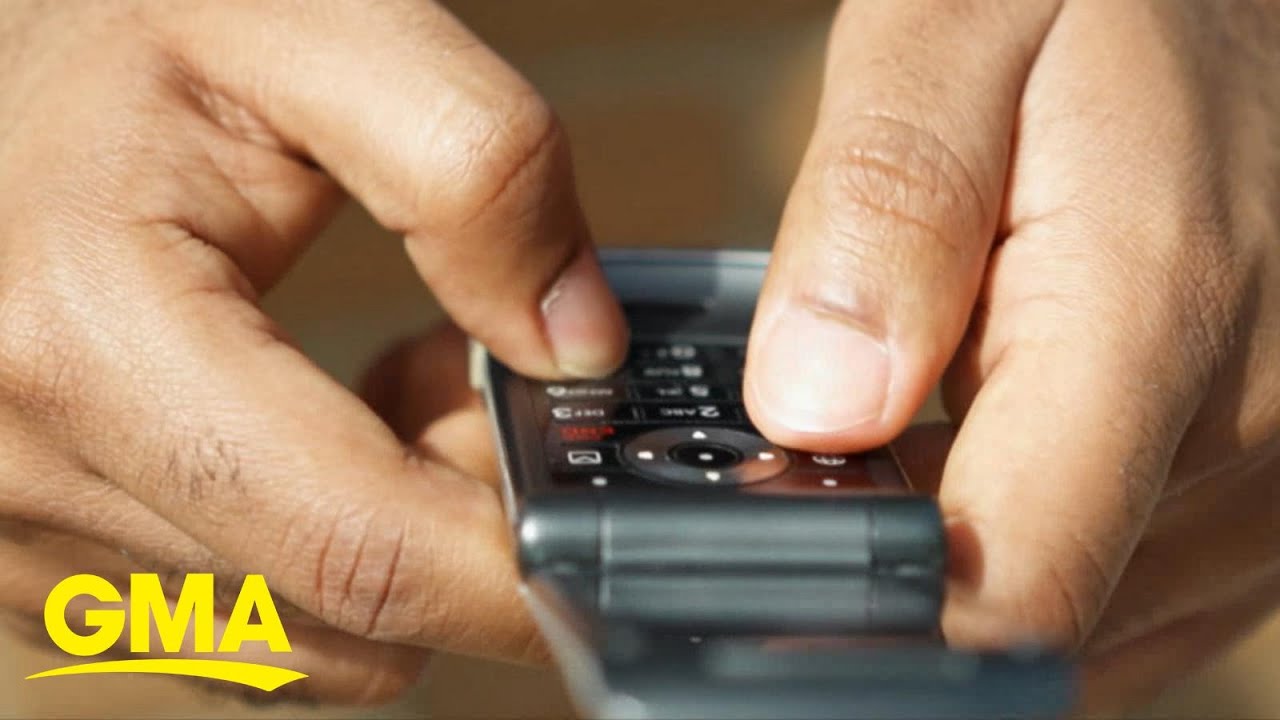
Gen Z and millennials turning to flip phones for mental health l GMA
Return Of The Dumb Phone
The term “digital detox” was popularized by former American tech worker and author, Levi Benjamin Felix (1984-2017), and his widow, Brooke Dean.
They founded Digital Detox and Camp Grounded: Summer Camp for Adults in 2012, according to CNET.
With the motto, “disconnect to reconnect,” it aimed to encourage people to disconnect from their digital devices and reconnect with the real world.
While they played a significant role in popularizing the term, the concept of digital detox - that is, unplugging from digital technology and taking breaks from screens - predates the said specific term.
Why are we mentioning this?
It’s because the pursuit of digital detox is one of the reasons why people are getting dumb phones these days, reported CBS News.
Another reason: for the benefit of their mental health.
Today’s smartphone users - particularly millennials and mostly the Gen Z - want to strike a balance of sorts between being connected and being offline.
For Greg Hoplamazia, the Academic Director of the Emerging Media Program at Loyola University Maryland, this is something positive. He told CBS News:
“„Any amount of people that avoid the constant allure of the internet always being in their pocket - that’s probably going to be good for their personal health - mentally and physically.- Associate Professor Greg Hoplamazian, Ph.D.
Per The Conversation, another reason why several people have been starting to use a dumb phone again these past months is nostalgia.
Nostalgia basically refers to a sentimental longing or affectionate remembrance for a past time, event, or experience.
Swiss physician Johannes Hofer (1669-1752) originally coined the term “nostalgia” in the 17th century to describe a condition he observed among Swiss mercenaries who were separated from their homeland, according to The Scientist.
So, it can be said that current dumb phone users are partly being nostalgic because such phones remind them of the era of mobile phones sans social media.
The surprising part is that the younger generation - the Gen Z - appears to be persuaded to use a dumb phone, too.
The growing concern over privacy adds to those reasons as well, according to The Conversation.
Based on the report Corporate Data Responsibility: Bridging the Trust Chasm, which involved two surveys conducted in April and May 2021, with 2,000 adults in the U.S. as respondents:
- 86 percent expressed data privacy concerns
- 68 percent said they worry about the kind of data businesses collect
- 40 percent said they don’t trust businesses to “ethically use” the data collected from them
Unlike a smartphone, a dumb phone, as previously discussed, doesn’t have features that usually collect and/or store the owner’s/user’s personal data.
Per Counterpoint Research, dumb phone worldwide sales reached approximately:
- 401 million units in 2019
- 735 million units in 2020
- 1.015 billion units in 2021
For comparison, in 2022, an estimated 1.4 billion smartphone units were sold worldwide, reported BBC.
Best Dumb Phone 2023
Are you now considering buying a dumb phone? Here are some of those recommended by various tech sites:
| Dumb Phone | Price (in U.S. Dollar) |
| Alcatel Go Flip 4 | $79.00 (via Amazon) |
| AT&T Cingular SmartFlip IV | $58.99 (via Amazon) |
| BLU Tank Mega T570 | $32.99 (via Amazon) |
| Cat S22 Flip | from $380.41 |
| Easyfone Prime A6 | $69.99 (via Amazon) |
| Kyocera DuraXV Extreme Plus | $250.00 (via Verizon) |
| Punkt MP02 | from $359.52 |
| The Light Phone 2 | from $299 |
Nokia Dumb Phone
When it comes to buying a dumb phone, that one brand that you can trust is no less than Nokia. Here are some of its feature phones:
| Nokia Dumb Phone | Price (in U.S. Dollar) |
| Nokia 225 4G | $49.72 (via Nokia Store - Amazon) |
| Nokia 2780 Flip | $89.99 (via Nokia Store - Amazon) |
| Nokia 5710 XA | from $67.80 |
| Nokia 6300 4G | $68.54 (via Nokia Store - Amazon) |
| Nokia 8110 4G | $350.00 (via Nokia Store - Amazon) |
| Nokia 8210 4G | from $145.00 (via Nokia Store - Amazon) |
People Also Ask
When Did Flip Phones End?
On January 3, 1996, Motorola released the first flip mobile phone (the Motorola StarTAC).
A flip phone, also known as a clamshell phone, is a type of mobile phone that features a hinged design. It consists of two main sections connected by a hinge, allowing the device to be folded in half when not in use.
According to Sixtysix Magazine, the manufacture of flip phones halted in the middle of 2010 (i.e., 2014, 2015, 2016) as smartphones became popular.
Why Are Flip Phones Still Popular In Japan?
According to a 2023 article published by Interac Network, flip phones continue to remain popular among the Japanese for these two primary reasons:
- “high durability”
- “ease of convenience”
Are Flip Phones Cool Again?
London-based HMD Global/Nokia Phones Chief Marketing Officer Lars Silberbauer told Euronews Next that the flip phone market increased by 5 percent.
Nokia’s market share “doubled,” according to Silberbauer, and added that Europe is becoming a strong market.
Based on a 2023 article from MakeUseOf.com, these are the five reasons why flip phones are making a comeback of sorts:
1. They are getting promoted at TikTok, which is an ultra-popular social media platform among Gen Z.
2. They’re more affordable compared to smartphones.
3. They’re “smaller” and, therefore, “more portable.”
4. They encourage people to limit their screen time.
5. Their form is simply “satisfying.”
Final Thoughts
Some people choose to use a dumb phone as a deliberate choice to:
- minimize distractions
- reduce screen time
- simplify their digital lifestyle
By using a dumb phone, individuals can focus on essential communication tasks while avoiding the constant connectivity and potential distractions associated with smartphones.
The choice between a dumb phone and a smartphone depends on two main things:
- individual needs and preferences
- the desired level of technological functionality
For their usefulness, it will be a smart move to buy a dumb phone.

Paolo Reyna
Author

James Pierce
Reviewer
Latest Articles
Popular Articles
